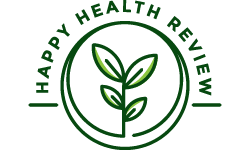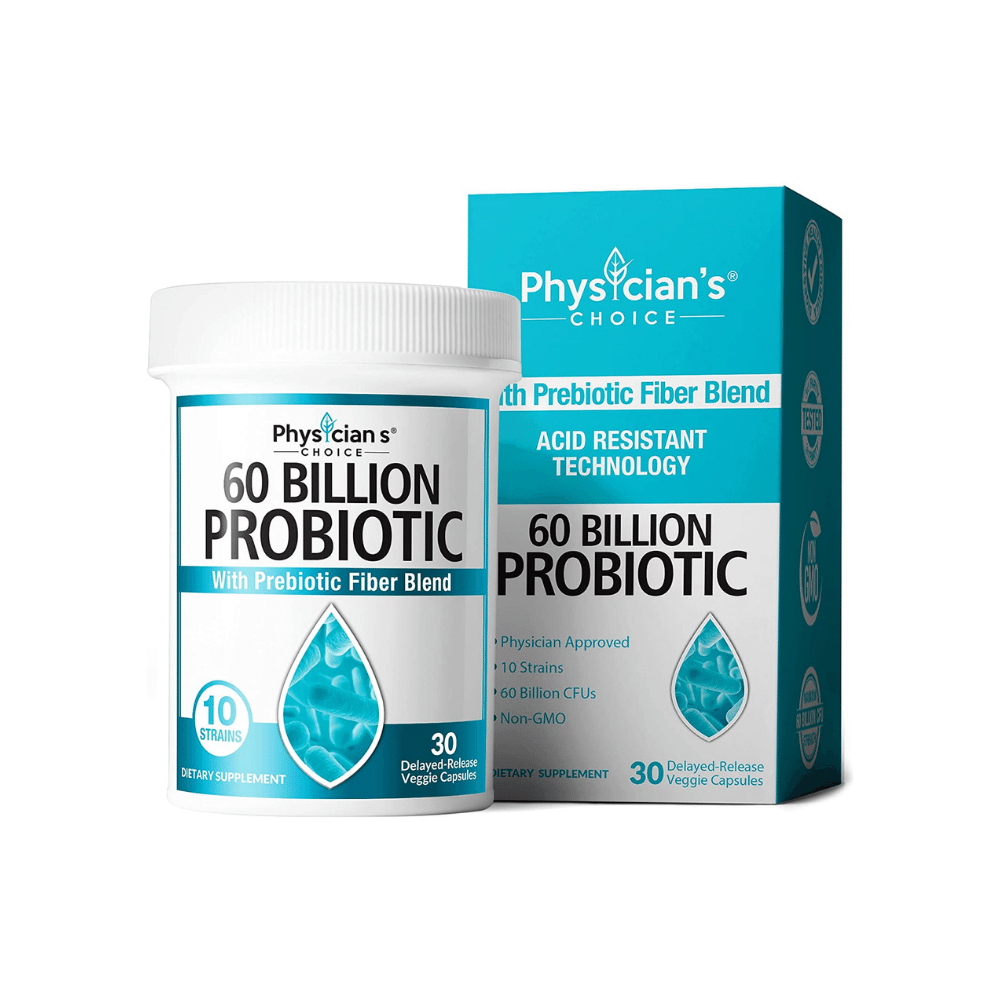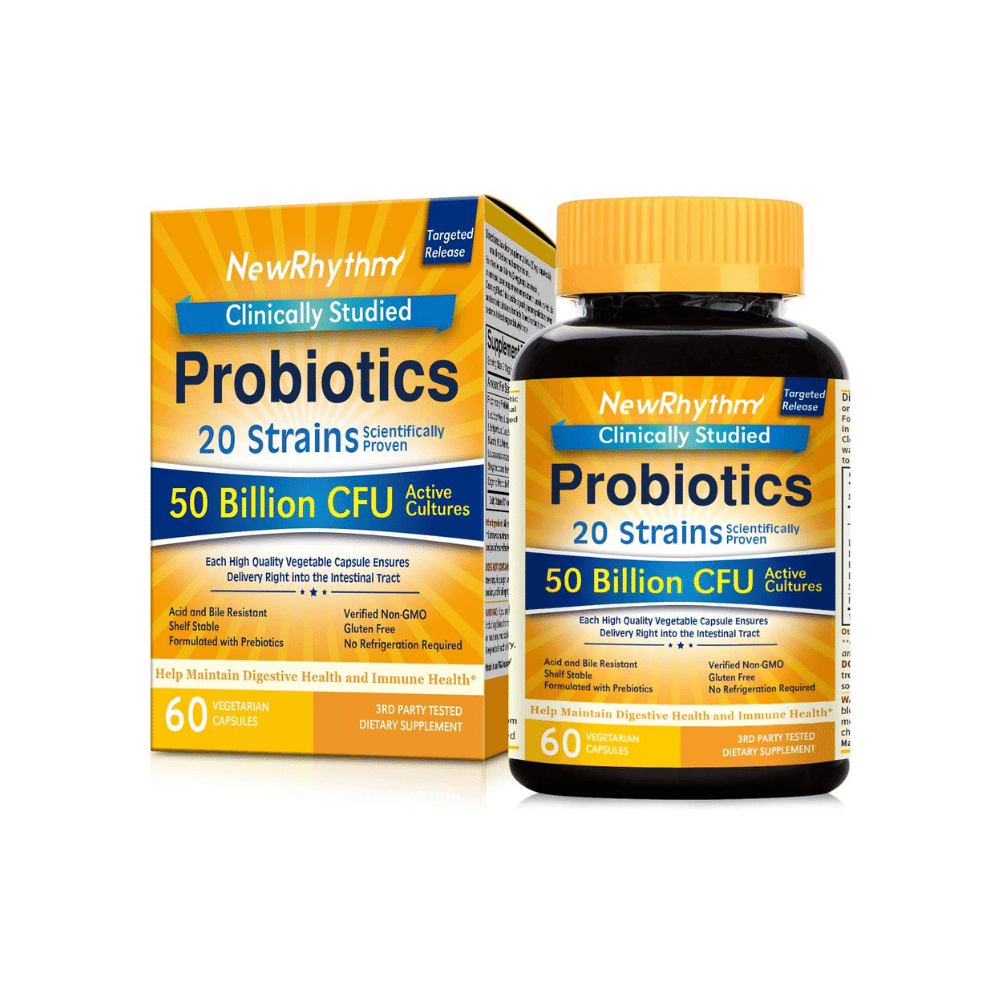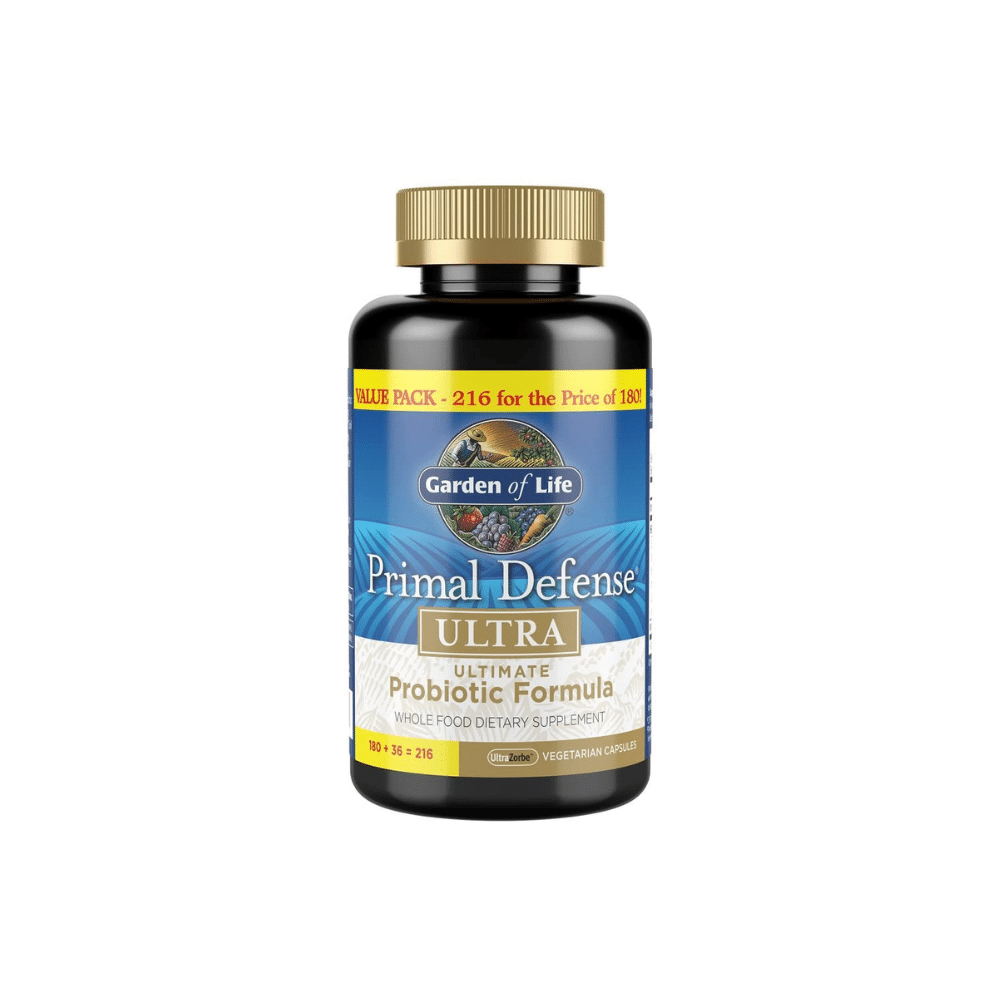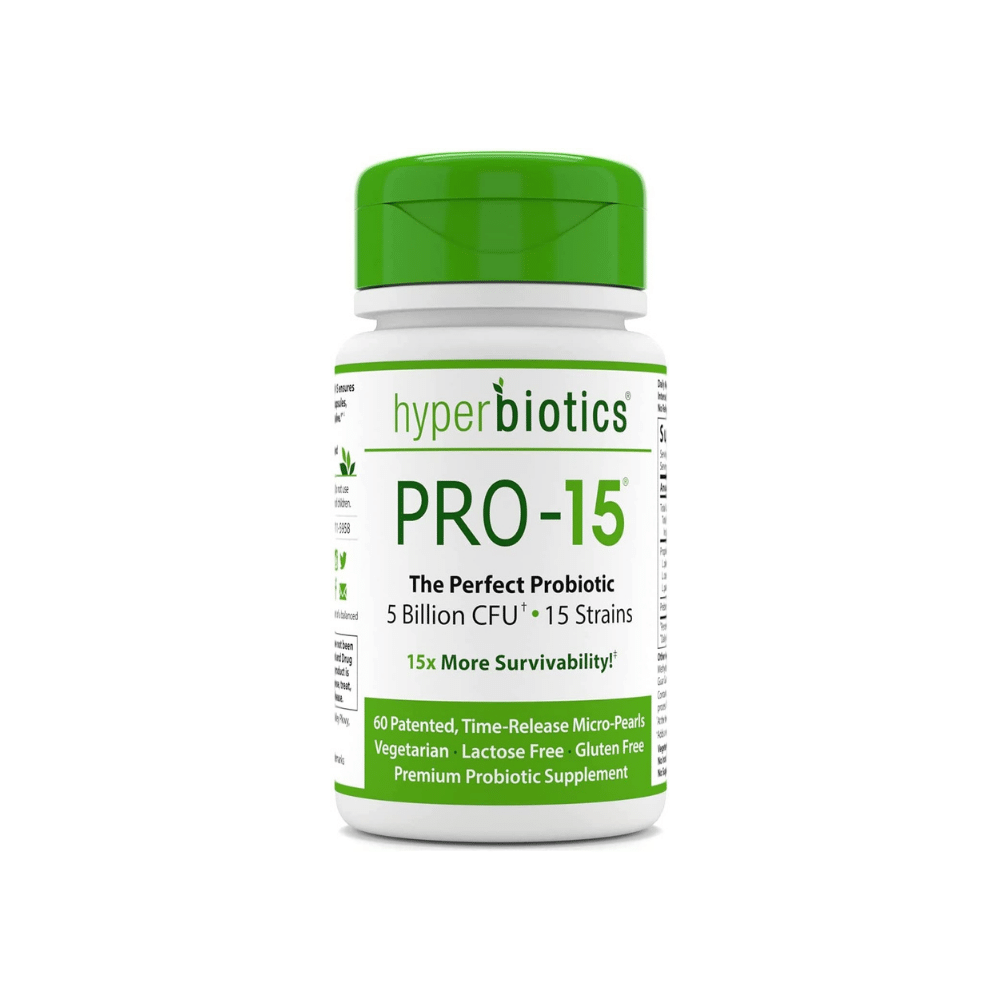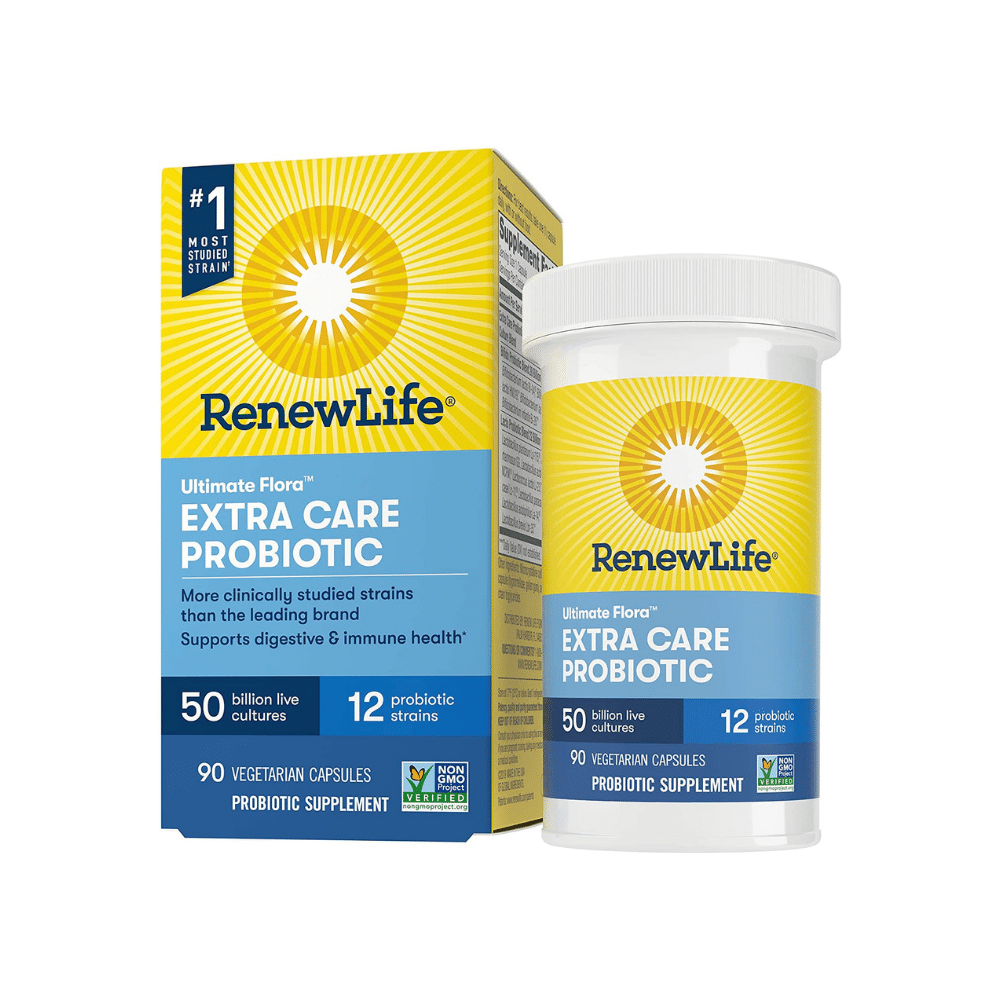Probiotics for Diverticulitis and Diverticular Disease
Diverticulitis is a terrible condition that affects many American every year. Learn about these probiotics that may help you feel better.
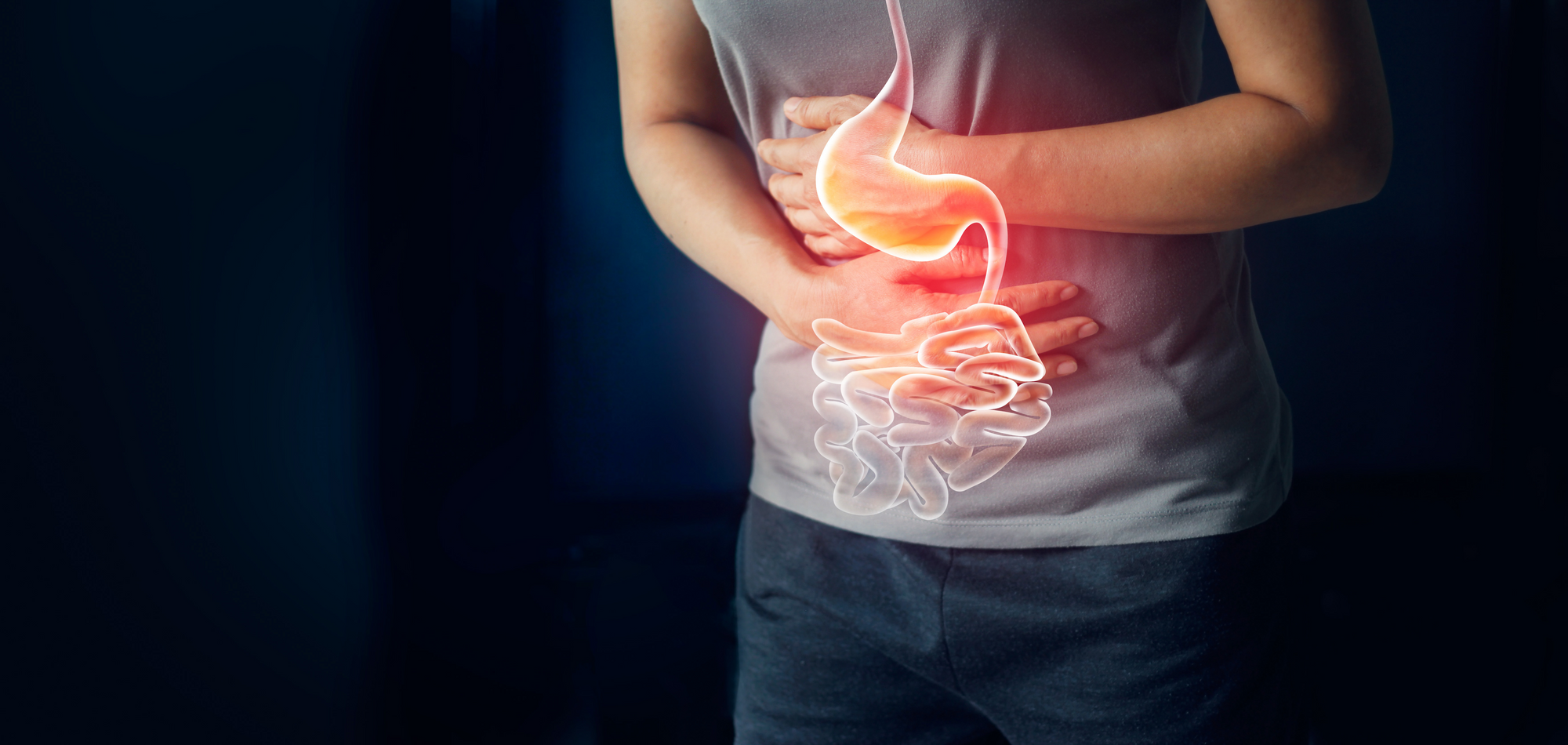
Diverticulitis is a painful gut condition that affects many Americans every single year. Diverticulosis is the outpouching of your large intestines, especially the colon, known as diverticulitis if accompanied by inflammation. The disease is associated mainly with nausea, bloating, and stomach aches.
Diverticulitis occurs when small, often painful pouch forms in the intestine. These pouches can become infected and can be life-threatening. These home remedies may be helpful for you and could prevent serious complications.
What is Diverticulitis?
Diverticulitis affects the digestive tract. Diverticula are tiny pockets that can form on your digestive tract. Diverticulosis occurs when small pouches form inside the colon. They’re most common after the age of 40.
Most people who get diverticulitis don't have any symptoms. Strain from constipation can lead to these pouches forming. Diverticular disease occurs when one or more pouches become inflamed or infected.
Diverticulitis symptoms include:
- Abdominal pain, often on the lower left side
- Severe abdominal cramps
- Swelling or bloating
- Constipation
- Nausea
- Fever and Chills
Remember that not having any of these symptoms doesn‘t necessarily mean you don‘t have diverticulosis either. These symptoms are common signs of other gastrointestinal disorders such as irritable bowel syndrome, celiac disease, inflammatory bowel disease, appendicitis, gallstones, and stomach ulcers.
This probiotic contains multiple bacterial strains, which makes it an excellent probiotic for your skin, heart, and your gastrointestinal tract. This probiotic is beneficial because of the high dose, as each capsule contains over 60 billion CFU (bacteria).
The 60 billion CFUs come from 10 probiotic bacterial strains including:
- Lactobacillus Casei
- Lactobacillus Acidophilus
- Lactobacillus Plantarum
There is two organic prebiotics in the Physician’SChoice line: one from organic Jerusalem artichokes and another from organic chicory root powder. Prebiotics are great additions to probiotics because they dramatically increase the rate at which they absorb into your body.
There’s another type of probiotic supplement called a delayed-release capsule, which ensures that the probiotics get into your system without your stomach acid destroying it.
With targeted release technology, probiotics survive stomach acids and reach your intestinal tract.
Natural Probiotics provide support for the establishment and maintenance of favorable intestinal flora. Supports healthy digestion and balanced intestinal ecology.
This probiotic from Garden of Life is also a great choice because it contains only soil-based probiotics, which ensures that it is 100% organic.
With over 15 billion colony forming units (CFUs) per capsule, coming from thirteen different probiotic strains, ProbioCAP is a great choice.
The probiotic for treating diverticulitis is Hyperbiotics Pro-Bifidus 15, which has a patented delivery system that ensures a dramatically higher count gets into your gut.
It contains 5 billion colony forming units (CFU), which come from 15 different probiotic strains. It’s also 100% dairy, soy, and gluten-free and is certified vegetarian! Furthermore, this probiotic is an excellent choice for anyone who wants to lose weight, as the strains included boost metabolism.
Renew Life’s Ultimate Flora Probiotic has been extremely popular because it’s quite inexpensive, and about 10% less expensive than most probiotics. The Ultimate Flora probiotic contains 60 capsules per container, each capsule containing about 50 billion CFUs (colony forming units) of healthy bacteria.
The instructions say to take one capsule daily with a bit of water. Another benefit of the probiotic supplement is that it’ll stay good for up to six months if stored properly.
Many people suffering from diverticulosis also choose to take a high-quality, well-researched, daily probiotic supplement to help keep their gastrointestinal condition in good order. Maintaining a healthy gut environment is important.
Treatment for Diverticulitis
Many people feel better when they don't get any treatment, but some need antibiotics. If your doctor recommends dietary changes for treating your symptoms, especially if they're mild, then you should consider them. There are other home treatments for diverticulitis that might help.
Liquid diet
Diverticulitis is a condition where there is inflammation of the tissue surrounding the colon. It usually occurs when there is an infection in the colon. If you've had previous episodes of diverticulitis disease, you have a 20% chance of developing another episode.
If you have an acute attack of diverticulitis, your physician may suggest a liquid diet. You may also be required to follow a clear liquid fast for a few days before switching to a lower dietary fiber diet to give your digestive system time to recover.
Clear liquid diet
- Broth
- Popsicles or gelatin
- Apple juice or water
- coffee or tea without milk
Don't stay on the liquid diet for longer than you need to. As you start feeling better, begin adding low-fiber food items to your diet.
Low-fiber diet
- cooked or canned fruits
- cooked or canned vegetables
- fruit and vegetable juice
- eggs, poultry and fish
- dairy products
- white pasta and rice and refined white bread
Newly diagnosed people often feel overwhelmed by their limited options when it comes to diverticulitis diet, but they don't need to be overly restrictive.
Do Probiotics Help Prevent Diverticulitis?
Researchers believe that not having the right balance of good and bad bacteria in your gut may play an important role in the development of diverticulitis. However, currently, there isn’t enough scientific evidence to prove whether probiotics can help prevent diverticular disease. Probiotics may help prevent constipation.
Probiotics are beneficial bacteria similar to those that live in your digestive tract to help keep you healthy. They're available OTC in capsule and powder form. Fermented foods include yogurt and fermented vegetables.
There are different types and strains of probiotics. According to research, strains of the bacteria, mainly lactobacilli, seem to be the most effective.
Firstly, probiotic products are dietary supplements and not medicine. Maintaining a balanced population of good bacteria in the intestines may help support digestive health and therefore prevent new diverticula from developing or indeed could prevent diverticula from worsening.
A specific type of probiotic could help prevent constipation. The most researched probiotic strain of bacteria for aiding those with constipation is a strain of the bifidobacteria genus called Bifidobacterium lactis BB-12.
Diverticulitis usually requires treatment by a doctor, but adding a good probiotic to your diet may be worth considering to improve your intestinal flora and help normalize bowel function and inflammation. The probiotic properties of Saccharomyces Boulardius may be helpful for occasional diarrhea that sometimes accompanies Crohn's disease.
A high-fibre diet
The American Gastroenterological Association recommends that people who have had an episode of acute diverticulitis eat a high-fiber diet or take a fiber supplement.
Some studies are showing that a high-fiber diet might help ease or prevent symptoms from diverticulitis. However, these studies are not conclusive. Fiber-rich foods may cause gas and discomfort, so gradually increasing your intake of fiber is important.
High fiber foods
- fruits, such as raspberries, apples, and pears
- vegetables including broccoli, green peas, and artichoke
- cereals and grains such as oatmeal, bran flakes, and barley
- legumes including lentils, split peas, and black beans
Aloe
Aloe vera has many health benefits, including helping prevent constipation. It may also help relieve pain and cramps. Aloe vera juice can be bought at most grocery and health food stores. Aloe vera juice is an excellent remedy for soothing and preventing symptoms.
Digestive enzymes
Enzymes are proteins produced by your digestive system. They help break down foods during digestion and kill toxins in the body. Papaya and pear enzymes are believed to help reduce inflammation and speed up the healing of the digestive tract.
There’s no scientific proof that digestive enzymes help treat diverticulitis, but a 2014 study found that taking them may help prevent it. Enzymes are sold online and in-store with other supplements and are often found in foods like papaya, pears, and pineapple.
Herbs
Some herbs are effective in reducing pain and fighting infection. Some herbs that may help for diverticulitis are:
Garlic: Studies have shown that garlic has antimicrobial properties that may help prevent infections. Garlic has been shown to help improve digestion and constipation, too.
Green tea has many health benefits, including some that may help relieve or prevent symptoms. Green tea has antiinflammatory, antiviral, and antibacterial properties which can help reduce inflammation and lower your risks of infection.
Ginger has been used for hundreds of years as an herbal remedy for various gastrointestinal ailments, including nausea, vomiting, and diarrhea.
Turmeric has been traditionally used as an herbal remedy in China and India for hundreds of years. Clinical studies have shown it to be beneficial for many different health conditions, including digestive issues. Turmeric has an anti-inflammatory effect that may help protect the digestive tract, improve the secretion of certain enzymes, and ease the pain.
Acupuncture
Acupuncture is a form of traditional Chinese medicine that involves inserting thin needles at strategic points on the body to treat various ailments. It’s often used to treat pain and anxiety, but some evidence suggests it may also be useful for treating constipation.
Essential oils
There’s no evidence that essential oils help treat diverticulitis, but they can relax you, relieve stress, and help ease the pain. You shouldn't take essential oils orally. You can use some diluted oils for your skin, add them to your bathwater, and diffuse them.
Safety
Diverticulitis may lead to serious complications, including:
If you notice any of these symptoms, your condition may be worsening.
- unable to hold anything down
- have abdominal pain that doesn't get better with pain medication
- have blood in your stool or rectal bleeding
- have a high fever and chills
When to see your GP
Call your doctor if you experience these symptoms of diverticulitis:
- Vomiting excessively
- Fever over 100 degrees 38°C
- Rectal bleeding, even a tiny bit
- When to go to an emergency room
- Severe abdominal pain
- Signs of bowel obstruction
- Continuous or excessive rectal bleeding
Complications, such as obstructions, tears, or abscesses require immediate surgery. If you have a fever that persists for longer than two days or is above 100°F (38 °C), see your doctor. If you have severe abdominal pain, high fever, and/or rectal bleeding, you may need immediate medical attention.
Final Thoughts
Sometimes, mild diverticulitis improves on its own. Home remedies can help relieve your symptoms and may speed healing.
Probiotics contain billions of colony-forming units (CFUs) along with dietary fiber to improve your digestive system and gut wellness. Probiotics for diverticulitis can help prevent diverticulitis symptoms from occurring.
